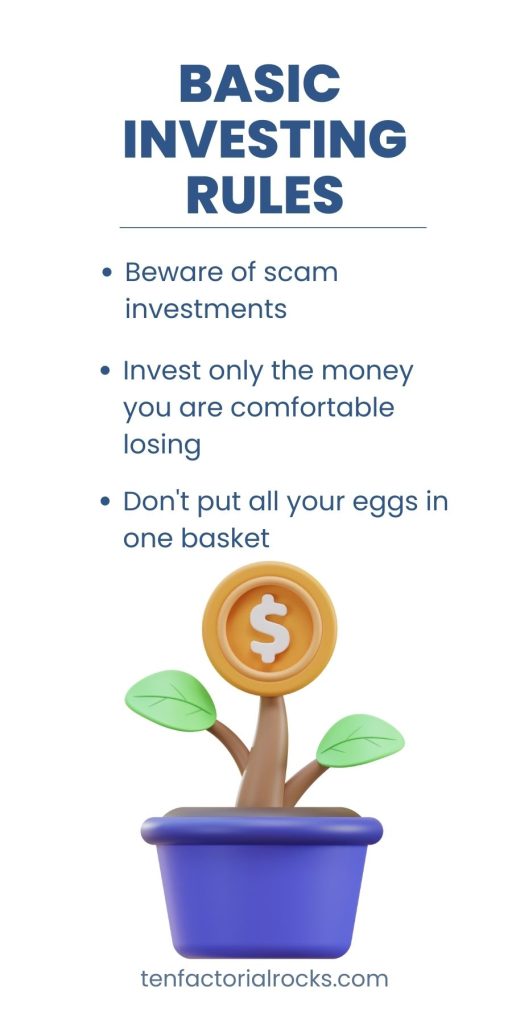The resolve to bring about significant improvements within our lifestyle right after the beginning of the new year is a common ambition, and for many people their priority is to change their spending habits.
According to one survey, conducted with the participation of around 2500 adults as part of a study analyzing the impact of financial related New Year resolutions, about one-third of all adults were planning finance-related resolutions for the next year.
It is definitely important to work on these resolutions, but you need to keep yourself out of the traps which might otherwise hinder your financial success. Don’t try to achieve goals that are not realistic. It is better to focus on those resolutions which will help you pursue your life goals, and which are also comparatively more attainable.
It is also essential that you first drill down your plans for next year, especially your financial goals for 2019. Once you’ve identified these goals, you will be able to make specific financial resolutions, such as how much savings you need to increase or which expenses to cut down in order to meet your financial requirements in the coming year.
Also, these resolutions need to be specific, achievable, and measurable. Don’t make common resolutions that are unattainable and hinder your financial success by discouraging you from making necessary expenditure.

The resolve to bring about significant improvements within our lifestyle right after the new year begins is a common ambition, and for many people the mission is to change their spending habits.
You Will Pay Down Your Debts with All the Extra Money That You Will Get
Every 3 respondents out of 10 in a survey showed their intentions to pay off their debts in the year 2019. However, doing so requires you to save a little sum from every paycheck. In an aggressive move to cut down on costs, many people stop spending on even the most essential items, especially entertainment.
The general rule is to save 10% of your take-home income for such nature of expenses which are not as compulsory to make as utility bills but are necessary to provide you with a well-balanced lifestyle. When you will begin to notice that you have come closer to reaching the ability to buy what you want, you will be more motivated to stick to your financial resolutions in the long run.
Also, there is a risk of ignoring other financial priorities when you stringently stick to resolutions you made at the beginning of the year. Savings which make up your emergency fund should not be spent in paying off debts as emergencies can bring about more debt in the longer run.

The general rule is to save 10% of your take-home income for such nature of expenses which are not as compulsory to make as utility bills but are necessary to provide you with a well-balanced lifestyle
You Will Try To Consolidate Your Debts Through All Possible Means
Consolidating your debts can be the right approach only if high interest debts can be rolled down to low interest debts. However, every consolidation approach may not achieve the desired results. For example, utilizing your 401 (k) loan for paying off debts will surely affect your retirement savings and could also impose tax penalties on you if you are unable to pay them off before the end of your employment.
Also, 401 (k) loans have a limit of 5 years, something which you need to comply with at all cost. It is better to take out a personal loan instead of using your 401 (k) loan for paying off other debts.
Also, interest rates are rising at a much faster pace, which does not make the option of consolidation any more appealing than it was before. According to financial experts, this is a terrible time to go for the option of refinancing your loans because of increased interest rates and because the closing cost of previous loans could be in the thousands.
Consolidating debts using loans for home equity may be a better option. But, if you use loans designed for home equity to pay off other debts, then you will not be allowed the deduction of interest from federal taxes that are payable, which you otherwise do receive.

Consolidating your debts can be the right approach only if high interest debts can be rolled down to low interest debts. However, every consolidation approach may not achieve the desired results.
You Will Go For The Car Insurance That Is Cheaper
When you think about cutting down your expenses, car insurance cost is one of the first you think about reducing. However, it is not a wise move to cut down cost by reducing your coverage. You should first assess your needs regarding coverage, and then you need to get your car insurance from a company that has a good rating and is offering reasonable rates.
Your current insurance company might also be offering some discounts to existing customers without reducing your coverage.
The goal should not be to get the car insurance that is cheaper. Rather the goal should be to get car insurance that provides the best value considering your individual needs.

